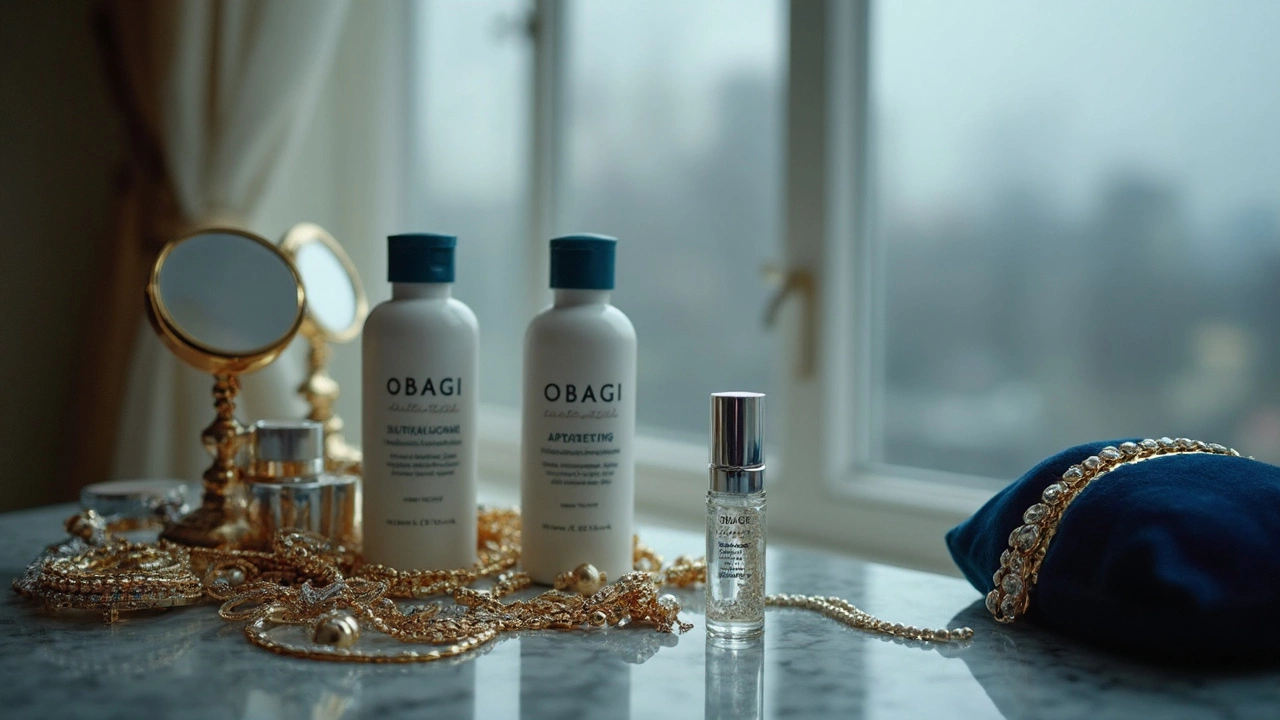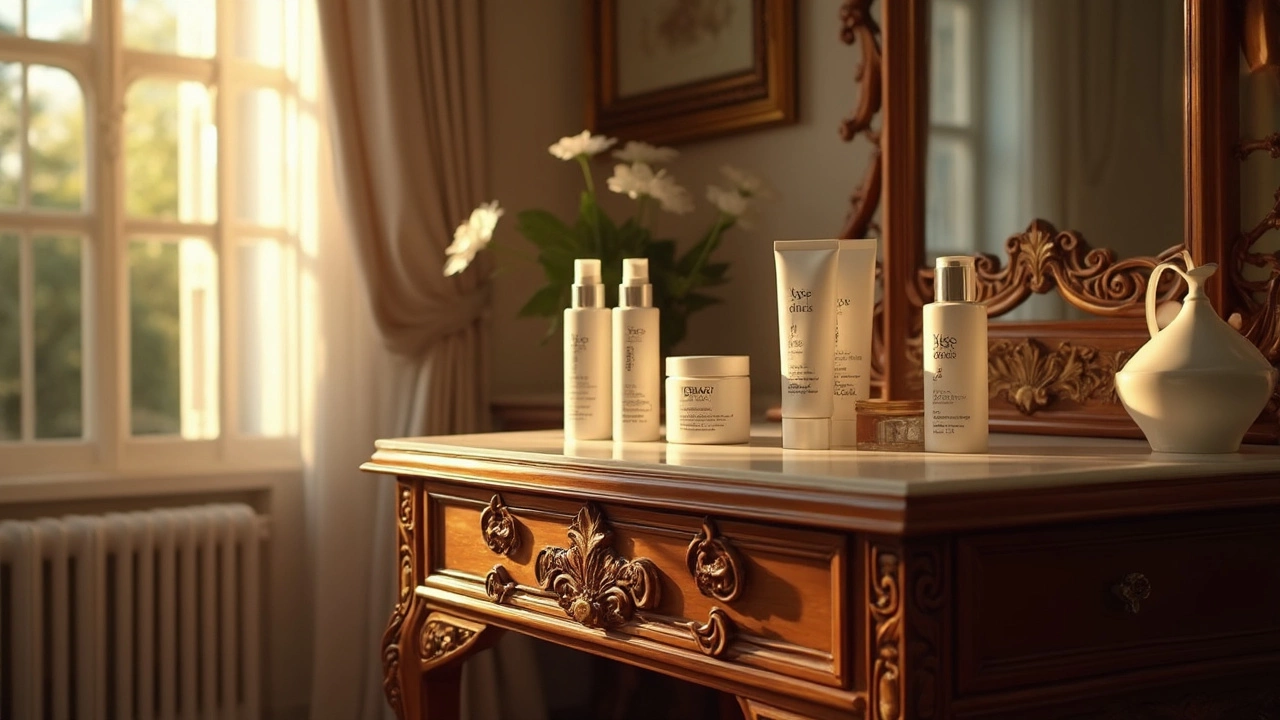Professional Skincare: What the Experts Recommend
If you’ve ever wondered whether a dermatologist or an esthetician is the right person for your skin worries, you’re not alone. The answer isn’t always black‑and‑white, but knowing what each professional does can save you time, money, and a lot of trial‑and‑error. Below you’ll find the basics of professional skincare, plus quick takeaways from some of our most popular articles on the topic.
When to See a Dermatologist vs. an Esthetician
A dermatologist is a medical doctor trained to diagnose and treat skin disease. If you’re battling persistent acne, eczema, suspicious moles, or need prescription‑strength products, book a dermatologist appointment. Their clinic can run skin biopsies, order blood tests, and prescribe retinoids or oral meds that you can’t get elsewhere.
An esthetician, on the other hand, focuses on surface‑level care. They’re great for deep‑cleaning facials, micro‑needling, chemical peels, and personalized product recommendations. Think of them as your skin’s personal trainer – they help you stay fit, but they don’t prescribe medication.
Our article “Dermatologist vs Esthetician: Who Should Handle Your Skincare Concerns?” breaks down the exact scenarios where each expert shines. Skipping the right professional can mean longer flare‑ups or wasted money.
Key Treatments and Products Used by Professionals
Professional treatments often start with a thorough skin analysis. This includes checking oil levels, barrier health, and any signs of inflammation. Based on that, common in‑office options include laser therapy for scar reduction, targeted serums with high concentrations of vitamin C or hyaluronic acid, and prescription‑strength retinoids for anti‑aging.
At home, professionals recommend layering simple, effective products rather than stuffing your bathroom with fifteen bottles. A typical regimen might be: gentle cleanser, antioxidant serum, moisturizer, and sunscreen. The “Top Skincare Brands for Glowing and Healthy Skin in 2025” article lists the brands that meet the potency standards dermatologists trust.
Don’t overlook the power of hydration. Drinking enough water, as highlighted in “Youthful Drinks: What to Sip for Glowing, Younger‑Looking Skin,” supports the skin’s natural barrier and helps active ingredients work better.
Finally, regular follow‑ups are key. Even the best products lose their edge if your skin changes with the seasons or life events. Scheduling a quick check‑in every three to six months keeps your routine fresh and effective.
In short, professional skincare isn’t about fancy jargon – it’s about matching the right expert to your specific issue, using proven treatments, and keeping a simple, consistent routine. Browse our tag page to find more articles that dive deeper into each topic, from acne basics to anti‑aging secrets. Your skin will thank you for the smart, expert‑backed approach.





